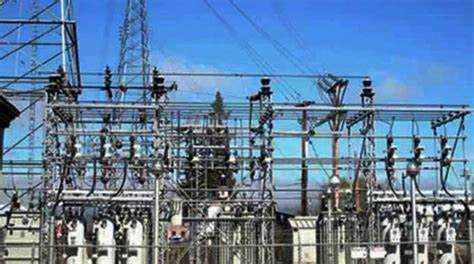
Zim Now Writer
Zesa Holdings has pledged to provide uninterrupted electricity to farmers to allow the country to achieve its target of 85 000 hectares and the projected yield of 408 000 tonnes as planting of the 2023 winter wheat is already underway.
In a statement, Zesa said: “Subsequent to the recent update on the power supply situation on 25 April, 2023, Zesa Holdings is pleased to announce that the utility is cognisant of its role and expectations in powering this sector to achieve wheat self-sufficiency and meet the government’s target of 85 000 hectares for the year 2023,” said the organisation.
As a result, the utility has put in place the requisite modalities to ring-fence 120MW towards this initiative.
Zesa has established support groups for winter wheat farmers aimed at making communication effective for timeous resolution of faults, with the farmers being urged to join the groups through their cluster leadership.
The power utility has also advised farmers that the National Contact Centre will be available for the continuous and timeous support throughout the season.
“We would like to take this opportunity to wish all wheat farmers a successful farming season and pledge our sustained commitment in attaining the key aspirations of the National Development Strategy and Vision 2030,” said the organisation.
Farmers have intensified planting wheat with several in provinces such as Mashonaland East, Midlands, Mashonaland Central and Mashonaland West and Matabelend South having increased hectarage.
Related Stories
Although other farmers are still preparing the land, this year’s winter crop will be planted on 85 000ha, giving the nation hopes of realising a yield enough to guarantee self-sufficiency.
This hectarage is expected to produce 408 000 tonnes of wheat, more than the 375 000 tonnes achieved last year as well as the minimum of 360 000 tonnes needed to meet domestic demand.
Zimbabwe Commercial Farmers Union president, Dr Shadreck Makombe said adhering to planting dates remained crucial in ensuring farmers met expected yields.
“One of the production practices having a major impact on wheat yields is planting date, which in turn influences production practices such as pest management, soil fertility and weather. By 15 May, farmers should be done with planting.
“Continue to plant and cover as much ground so that you do not overlap to June. We do not want our crops to be affected by early rains so early planting is recommended,” he said.
The wheat crop will be supported through private contractors, government’s National Enhanced Agricultural Productivity Scheme, Presidential wheat support scheme and self-financed growers.



















Leave Comments